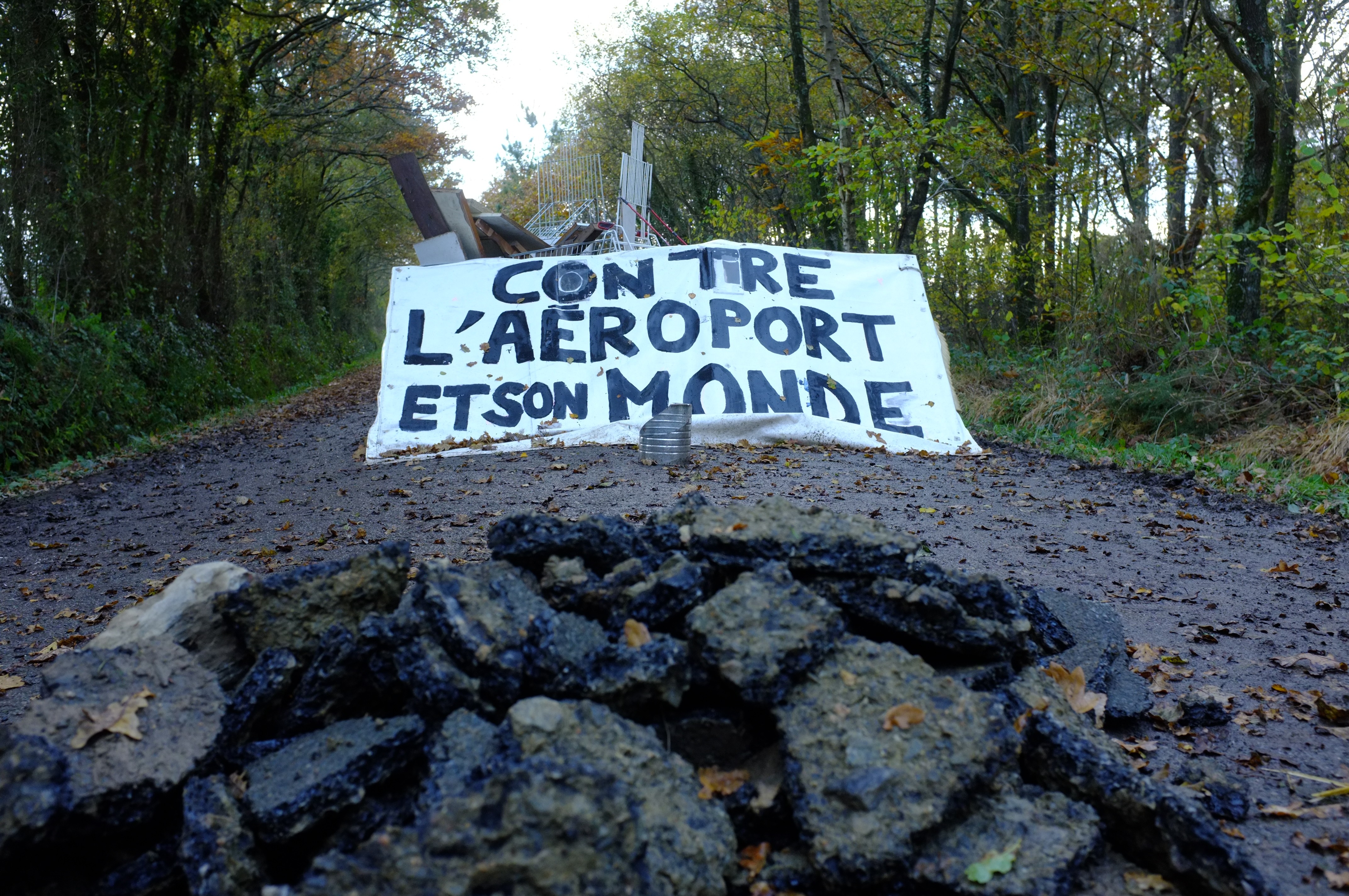IGDCAST: A Commune That Fights
Filed under: Interviews, Radio & Podcast
Podcast: Play in new window | Download
Subscribe: RSS
The history of communes in North America is usually presented as largely the rise and fall of the “back to the land” movement that took place in the very late 60s and early 1970s, when members of the counter-culture and those involved in revolutionary politics formed a wide variety of communes in rural areas in the United States. While these examples are certainly part of the history of communes, what is often not discussed is the deep connection such land projects had with resistance struggles in urban centers and nearby towns. Within the history of anarchism, throughout the 1900s, many anarchists often formed communes that operated on a similar model. Offering both a cheap and accessible place to live, a place to get away, and as a way for resistance movements to become connected to the living land and have a place to work on projects.
 Drawing on a wealth of recent experience in the emerging communes of Rojava, Brazil, and in France at the ZAD, an eco-commune and autonomous zone that uses riots to fight police who are attempting to evict a group of rural farmers in order to build an airport, El Errante and Morgan, discuss their proposal for the creation of a series of communes. Their proposal is based on the physical need of people to find each other, but also to meet their needs in rapidly gentrifying cities. They go on to argue that in their perception, communes means much more than a chance to “live one politics,” but a provocation to fight and expand autonomous zones. They also discuss the perception of the ZAD in French society, learning from the Appelistas, and much more.
Drawing on a wealth of recent experience in the emerging communes of Rojava, Brazil, and in France at the ZAD, an eco-commune and autonomous zone that uses riots to fight police who are attempting to evict a group of rural farmers in order to build an airport, El Errante and Morgan, discuss their proposal for the creation of a series of communes. Their proposal is based on the physical need of people to find each other, but also to meet their needs in rapidly gentrifying cities. They go on to argue that in their perception, communes means much more than a chance to “live one politics,” but a provocation to fight and expand autonomous zones. They also discuss the perception of the ZAD in French society, learning from the Appelistas, and much more.
This post was written by It's Going Down






